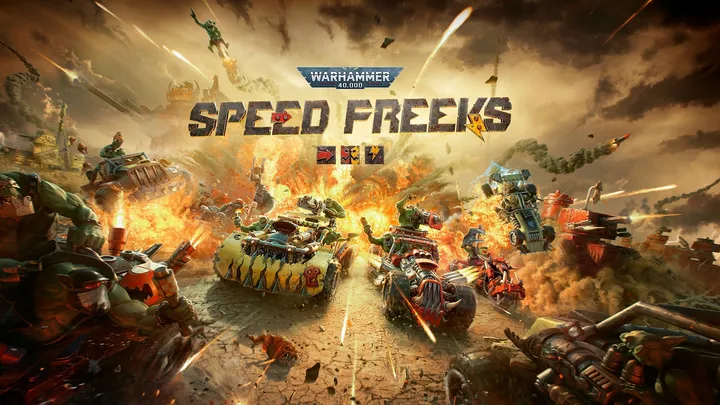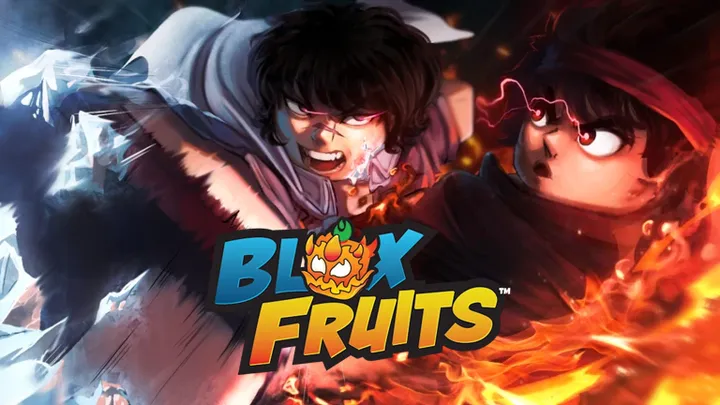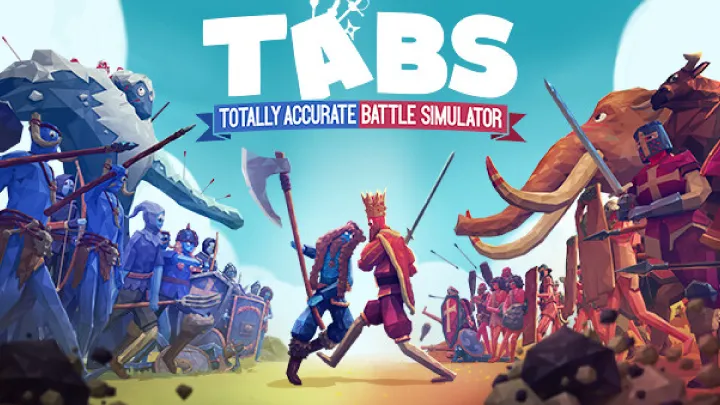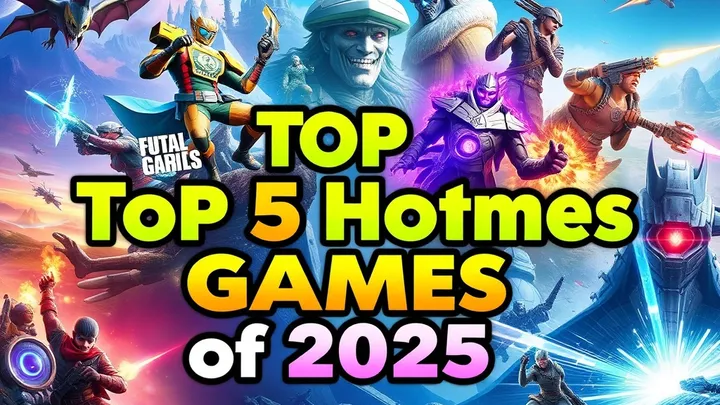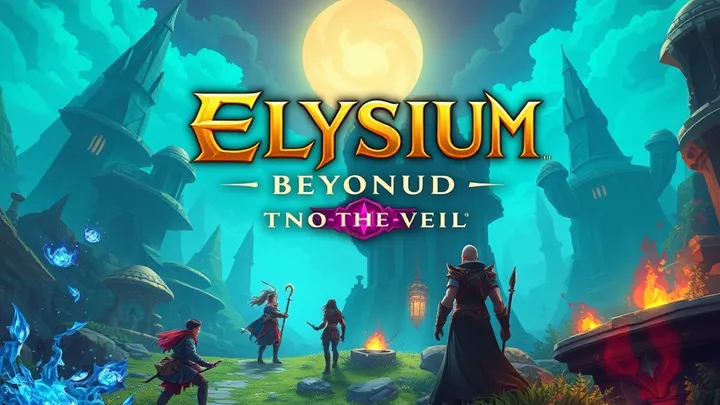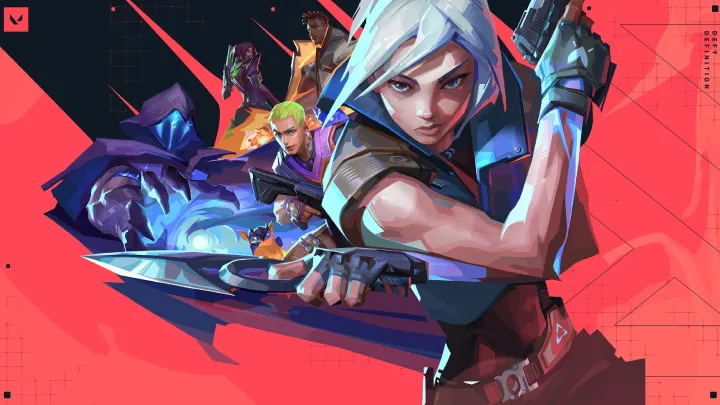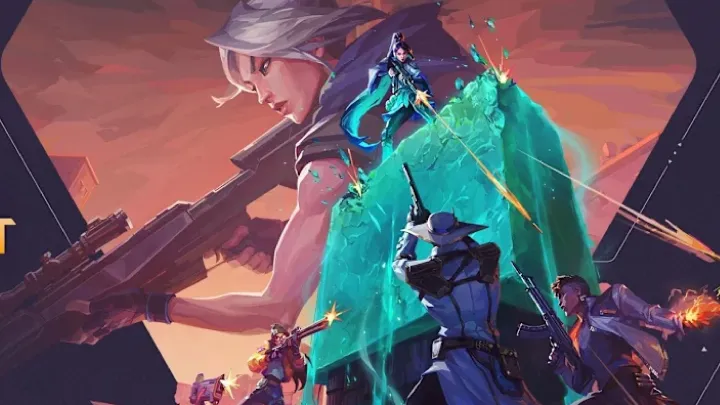Introduction
Since its release in June 2020, Valorant has captivated the gaming community with its blend of tactical shooting and character abilities. Developed by Riot Games, this first-person shooter (FPS) emphasizes strategy, teamwork, and skillful gunplay. This comprehensive guide aims to provide players with essential tips and strategies to improve their gameplay, understand the mechanics, and make the most of their experience in Valorant.
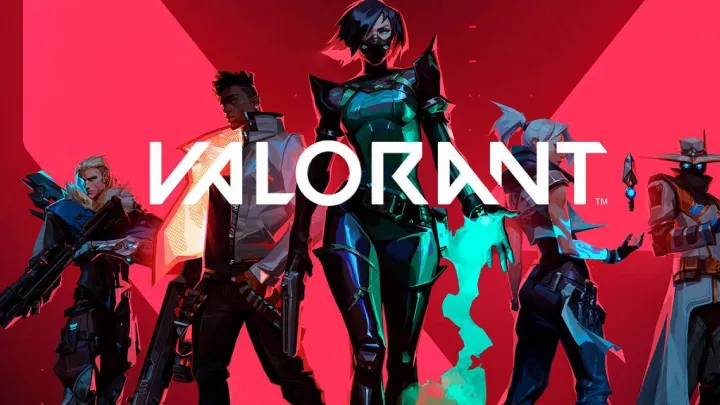
Understanding Valorant
Game Overview
Valorant is a 5v5 tactical shooter where players select characters known as agents, each possessing unique abilities that can impact gameplay. The core objective is to either plant or defuse a bomb called the Spike, depending on your team's role as attackers or defenders. The game emphasizes a round-based structure, with teams switching roles after 12 rounds.
Agents and Roles
Valorant’s agents are categorized into four primary roles, each fulfilling specific functions within a team:
- Duelists: Aggressive, self-sufficient characters that can take out enemies quickly (e.g., Jett, Reyna). They often lead the charge in attacks.
- Controllers: Agents who manipulate the battlefield using smokes and area-denial abilities (e.g., Omen, Viper). They help control sightlines and restrict enemy movement.
- Initiators: Characters that create opportunities for their team by disrupting enemy positions (e.g., Sova, Breach). They often scout areas and initiate engagements.
- Sentinels: Defensive agents who support their team with healing and utility (e.g., Sage, Cypher). They excel in holding areas and providing backup.
Game Mechanics
Round Structure
Each match consists of multiple rounds, typically played in a best-of-25 format:
- Buy Phase: At the start of each round, players can purchase weapons, shields, and abilities using in-game currency earned through performance.
- Action Phase: The attacking team tries to plant the Spike, while the defending team aims to prevent this or defuse the Spike if planted.
- End of Round: A round concludes when the Spike is planted and detonates, or the attacking team is eliminated.
Economy Management
Understanding the economy is crucial for success in Valorant:
- Credits: Earned through kills, completing objectives, and winning rounds. Players must manage their credits wisely to purchase the right equipment.
- Force Buying: Sometimes, players may need to buy weapons and abilities even when low on credits to maintain pressure on the enemy team.
- Save Rounds: In certain situations, it may be better to save credits for future rounds rather than forcing a buy.
Tips for Effective Gameplay
Mastering Gunplay
- Aiming Techniques:
- Crosshair Placement: Keep your crosshair at head level to minimize the distance you need to move your mouse when encountering enemies.
- Spraying vs. Tapping: Learn when to spray (hold the trigger) and when to tap (fire single shots) for better accuracy.
- Practice:
- Utilize aim trainers or the in-game practice range to enhance your aiming skills.
- Regularly play Deathmatch mode to improve your reflexes and shooting accuracy.
Utilizing Agent Abilities
- Know Your Agent: Each agent has unique abilities that can significantly impact gameplay. Familiarize yourself with your chosen agent's abilities and how they can be used effectively.
- Coordinate with Teammates: Use your abilities in conjunction with your teammates’ skills to maximize their effectiveness. For example, combine a smoke from a Controller with an Initiator's ability to push a site.
- Save Abilities for Key Moments: Use your abilities strategically rather than wasting them at the start of a round. Save them for crucial moments, such as when attacking or defending a site.
Map Knowledge
- Learn Map Layouts: Familiarize yourself with the layout of each map, including common choke points, sightlines, and potential hiding spots.
- Callouts: Use specific callouts for locations on the map to communicate effectively with your teammates. This can be crucial for relaying enemy positions and coordinating strategies.
- Control Key Areas: Understand which areas are critical for controlling the map. For example, controlling the middle area on maps like Split and Ascent can provide significant advantages.
Communication and Teamwork
- Effective Communication: Use voice chat or the in-game ping system to relay important information, such as enemy positions, strategies, or when you're planning to rotate.
- Positive Team Dynamics: Foster a positive environment within your team. Encourage your teammates and provide constructive feedback to improve overall performance.
- Adaptability: Be prepared to change strategies based on the flow of the game. If a particular strategy isn’t working, communicate with your team and adjust accordingly.
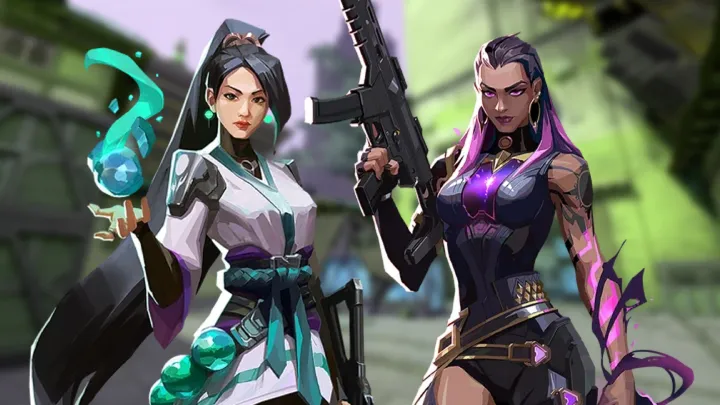
Advanced Strategies
Team Composition
- Balanced Team: Ensure your team composition includes a mix of roles. A balanced team with Duelists, Controllers, Initiators, and Sentinels can cover various aspects of gameplay.
- Agent Synergy: Consider how your chosen agents can complement each other. For example, pairing Omen with Jett can create opportunities for aggressive plays.
Game Sense and Awareness
- Map Control: Understand the importance of controlling key areas of the map. This can dictate the flow of the game and provide strategic advantages.
- Sound Cues: Pay attention to audio cues, such as footsteps and ability sounds, to gather information about enemy movements and positions.
- Monitoring the Economy: Keep an eye on your team's and the enemy's economy. Knowing when the enemy is likely to force buy can inform your strategy.
Adapting to the Meta
- Stay Updated: Valorant's meta can shift with updates and patches. Stay informed about changes to agents, maps, and gameplay mechanics.
- Experiment: Don’t be afraid to experiment with different agents and strategies. This can help you find new tactics that work well in the current meta.
Improving Your Skills
Regular Practice
- Aim Training: Utilize aim trainers or dedicated practice modes to enhance your shooting skills. Aim for consistency in your accuracy.
- Review Gameplay: Analyze your matches to identify areas for improvement. Watching replays can help you understand decision-making and positioning.
Learning from Others
- Watch Professional Players: Observing professional players or streamers can provide insights into advanced strategies, positioning, and decision-making.
- Engage with the Community: Participate in forums, Discord servers, or social media groups to discuss strategies and share tips with other players.
Staying Updated
Patch Notes and Updates
- Follow Patch Notes: Regularly check the official Valorant website for patch notes to stay informed about changes to agents, maps, and game mechanics.
- Adapt Strategies: Be prepared to adjust your strategies based on the latest changes in the game. This will help you stay competitive.
Community Engagement
- Participate in Events: Engage in community events and tournaments to test your skills against other players.
- Feedback Loop: Share your experiences and feedback with the community to help improve the game.
Conclusion
Valorant is a dynamic and engaging tactical shooter that requires skill, strategy, and teamwork. By mastering gunplay, utilizing agent abilities effectively, and understanding game mechanics, players can enhance their gameplay experience and climb the ranks.
Whether you’re a beginner or a seasoned player, embracing the complexities of Valorant will lead to a more enjoyable and rewarding experience. Dive in, practice regularly, and enjoy the thrill of competition as you navigate the exciting world of Valorant! With a commitment to continual learning and adaptation, you can become a formidable player in this ever-evolving game.



